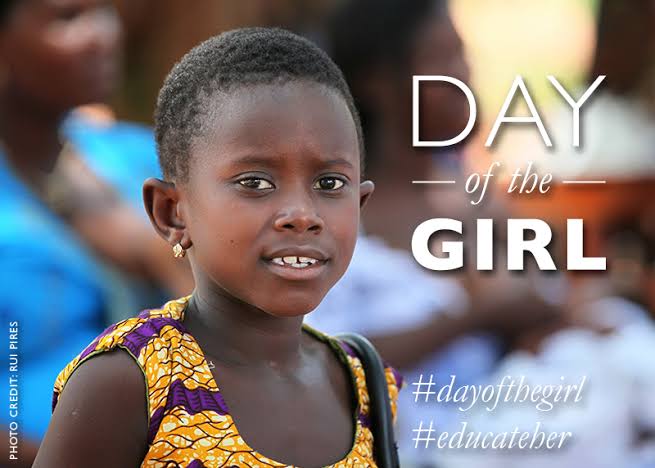WRITTEN BY FRANCA MADIKE
Tomorrow will be observed as the day of the African Child, established in accordance with Article 32 and 33 of the African Charter on the rights and welfare of the Child.
Humanitarian crises result from various factors or events or from a combination of several factors. These crises pose significant risks and threats to the lives, safety, security, health or general wellbeing of a large number of people. Unfortunately, most of the crises come at a time with little or no capacity to cope with their impacts.
According to UNICEF, the Day of African Child serves to commemorate these children and the brave action they take in defense of their rights towards addressing the numerous challenges facing children across the continent.
Therefore, as we observe the African Child tomorrow, the day should not be celebrated by state parties and other stakeholders as an event alone, but rather as a process that draws on previous celebrations to create synergies that improve the realization of the rights of children under national and international laws.
There should however be national issues concerning children that warrant a deliberate effort by the states parties to re-evaluate the approaches, policies and laws that speak to the rights and welfare of children.
The theme for this year’s Day of African Child is: “Humanitarian Action in Africa: Children’s Rights First”.
While it is true that the United Nation’s convention on children’s rights has been ratified by more countries than any other international treaty, it is still unfortunate that the welfare of children generally has not received any significant improvement to the linkages between the SDGs and the African children’s charter, with the goal of inspiring states parties to accelerate efforts towards raising all children’s rights as provided by charter, as a contribution towards accelerating the promotion and protection of all.
To further demonstrate this concept and make it more public-oriented, members of UNICEF, EU, Anambra State women and children would be engaged to participate in the promotion of the SDG-3, that is, Good Health and wellbeing. This is in addition to providing guidance to National Human Rights Institutions and Agencies, NGOS and faith interaction activities.
Every child has the right to a good quality education. Primary education should be free, secondary education should be accessible, and children should be encouraged to attend school to the highest level possible. School discipline should respect children’s rights and dignity.
As the world marks the Day of the African Child tomorrow, there is need for everybody to join in the general efforts to promote the welfare of children as children in vulnerable situations suffer most from these crises. A case in point is children with disabilities to ensure that their rights are upheld.





Comments are closed for this post.